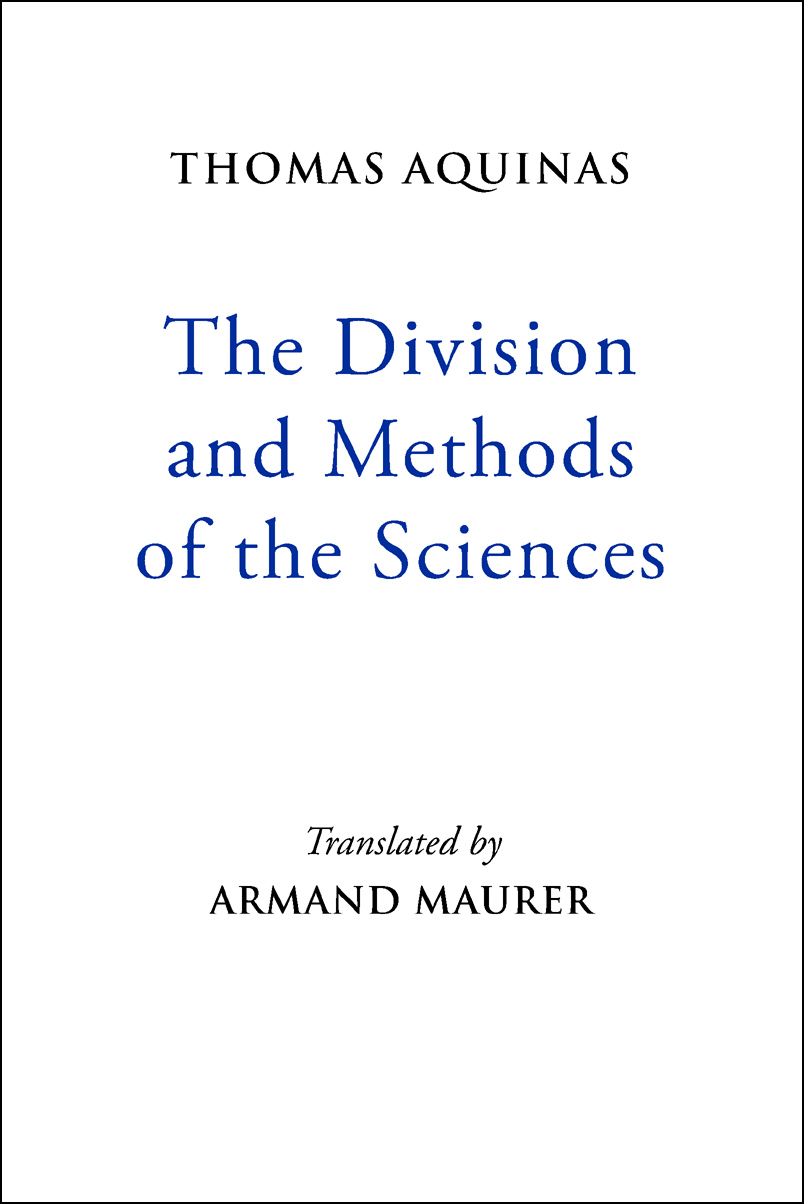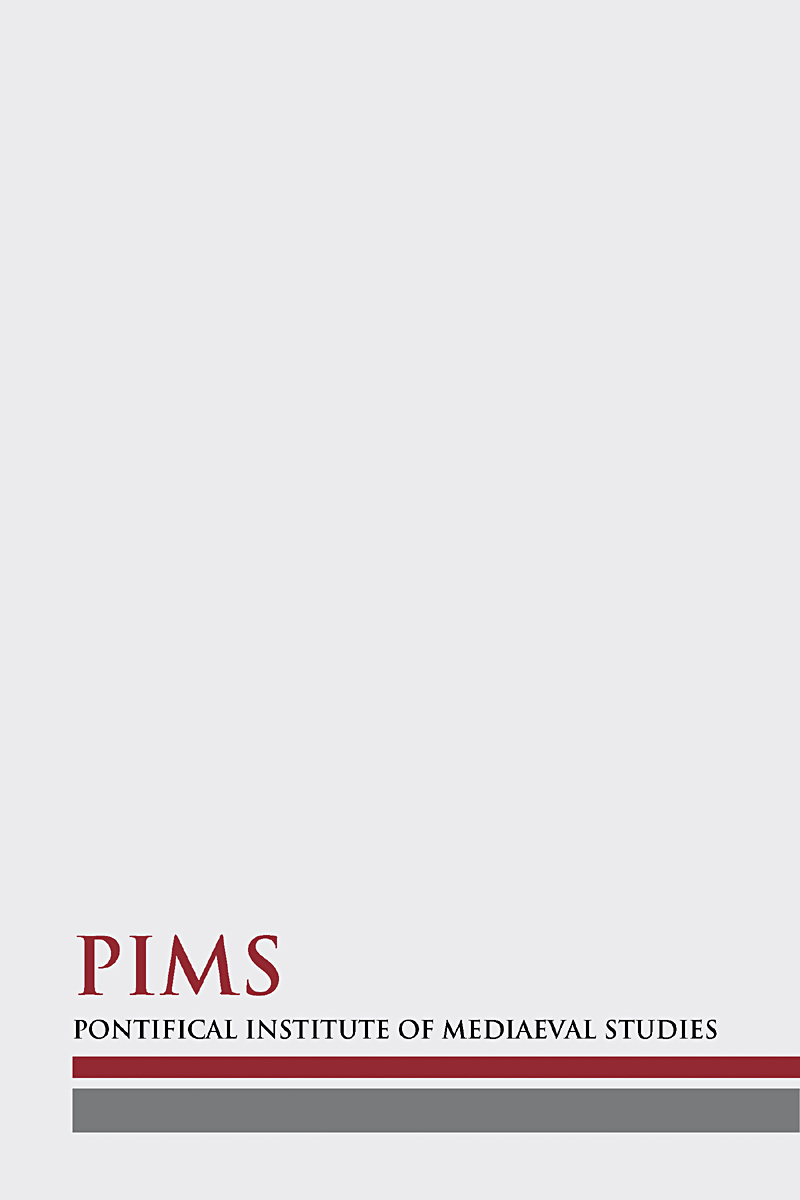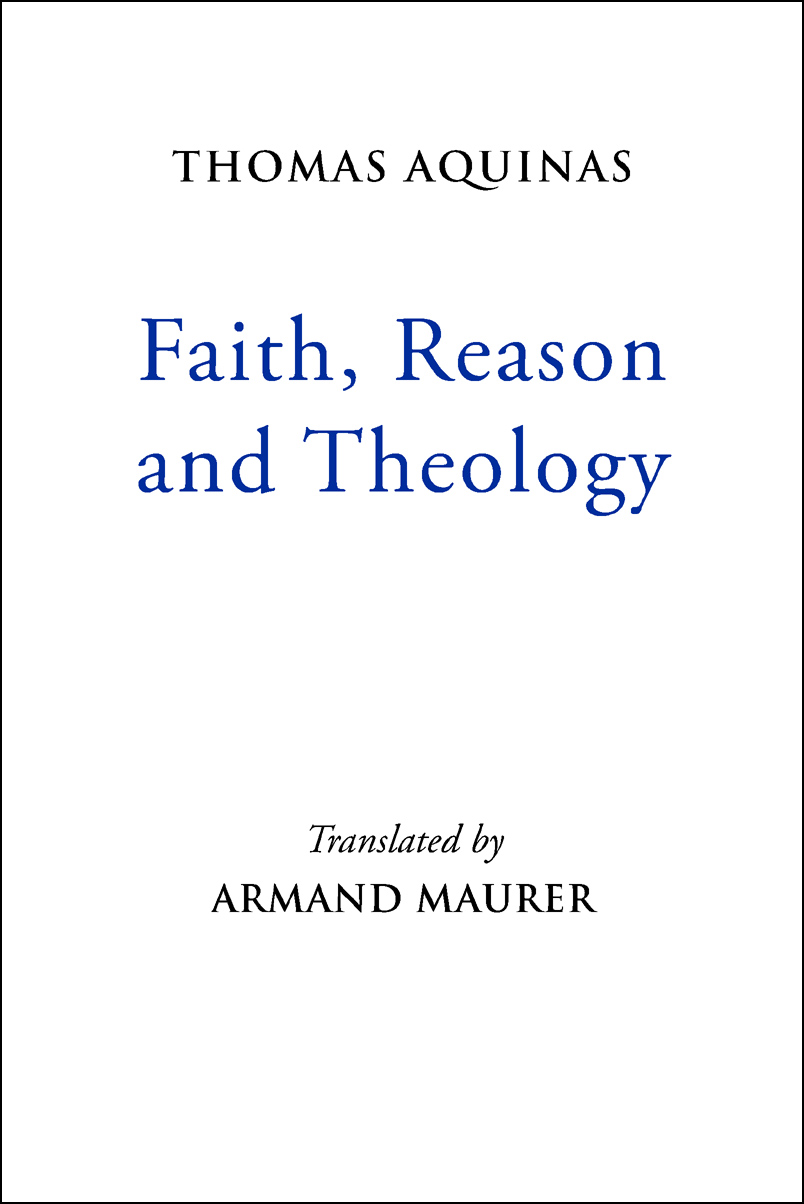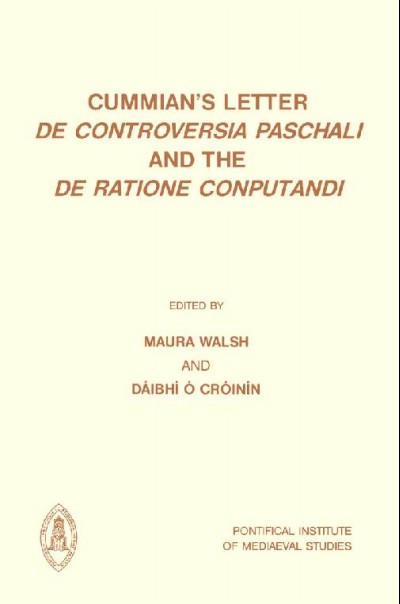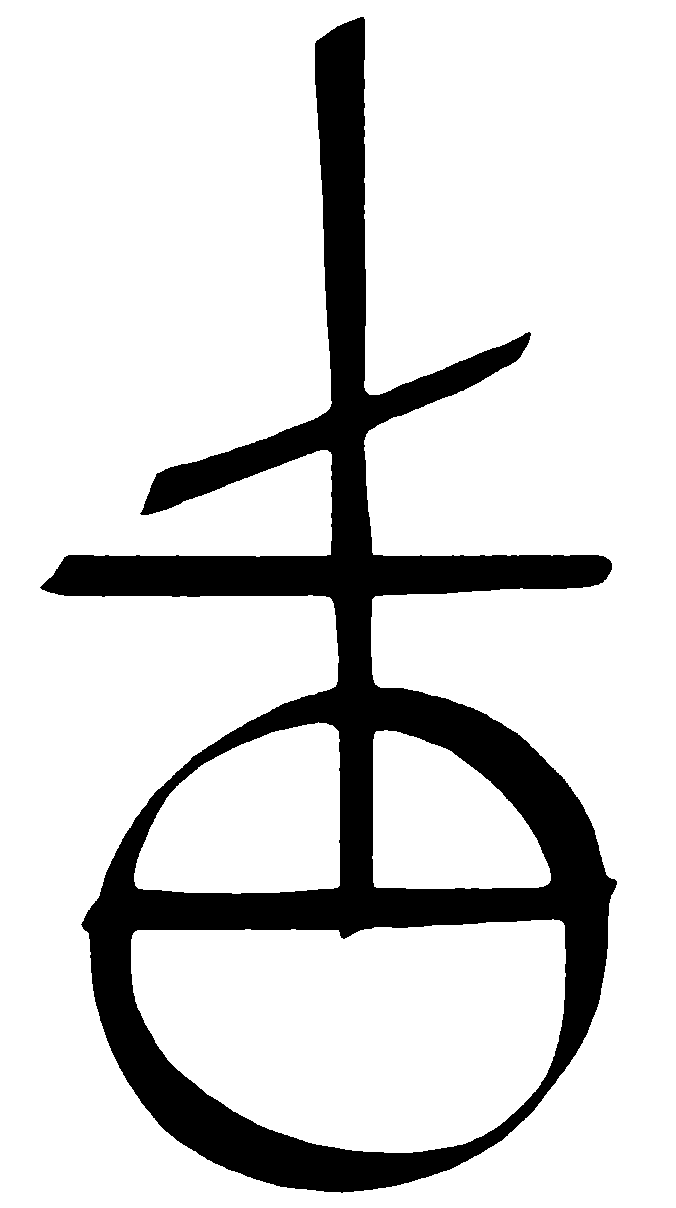
Miracles of the Virgin Mary, in Verse. Miracula sancte Dei genitricis virginis Marie, versifice
Edited by Jan Ziolkowski. TMLT 17. 1986. x, 101 pp. ISBN 978–0–88844–467–7 • $19.95



